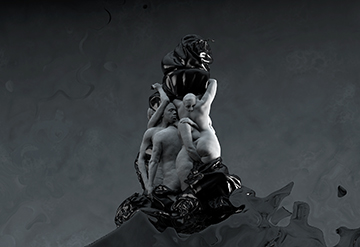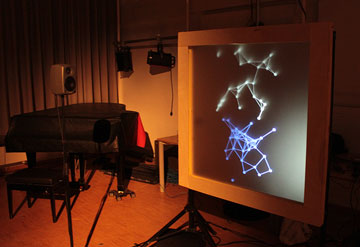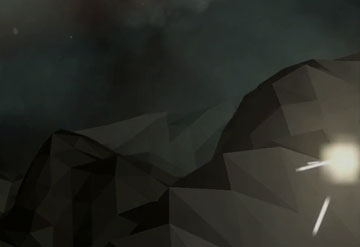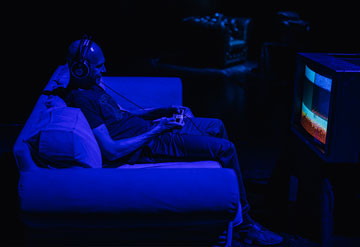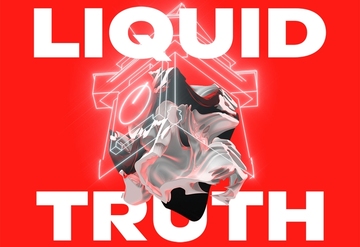Begin of page section: Content
Databar
Performance/Installation
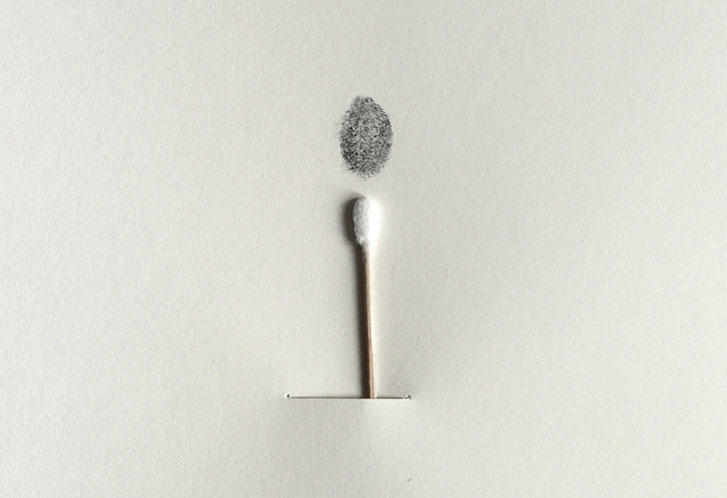
Saturday, 02 Mar 2019
An interactive Performance by Jakob Glasner
In Cooperation with Paul Wolff and Marie Pircher
The performance evolves around the concept of transfering the basic economic principle of the internet - paying for services with personal data instead of money - to the real world. This will happen via a Databar at art exhibitions and festivals. The drinks will be available in exchange for personal data such as fingerprints. Whilst the cost for the first drink is temptingly low, it increases radically for every consumption, leading up to a DNA-sample of the customer.
A bar is the perfect place for this digital / real world shift. On the one hand, it is the typical communicative meeting point of the analog 20th century. On the other hand, we seem to prefer data over alcohol excess, consciously digitalising our personal life and making it a valuable resource for very few companies. Programmers offer solutions for tracking our physical and mental activity, even things like sex and sleep duration. To date the party evening and the state of inebriety was one of the last non-digital resorts, at the same time an inspirational meeting point for creatives. With the Databar we offer a solution to close this social data breach.
During the second stage, the raw data is being trans- formed, via an art auction. The collected data is a byproduct like a blood smeared linen of a Nitsch happening. The value of data has been determined in a technical and monetary way. Its value in the field of art still needs to be evaluated. Think of the data collected in this performance as an immaterial ready-made of the 21st century. Whereas artists like Marcel Duchamp signed every day objects and transferred them into art context, I do the same with my signature and declare the collected data as art.
In sociological theories artists are described as the proto- typical workers in neoliberal capitalism. Likewise, the artist is affected by the market restraints of entrepreneurs. Sub- sequently, the project can be understood as a (ST)ART UP, a risky economic-artistic endeavor that needs the support of cultural institutions like galleries, festivals or museums as investors of cultural capital. Only then, the rewarding transformation from data to art can succeed.
End of this page section.
Skip to overview of page sections.

